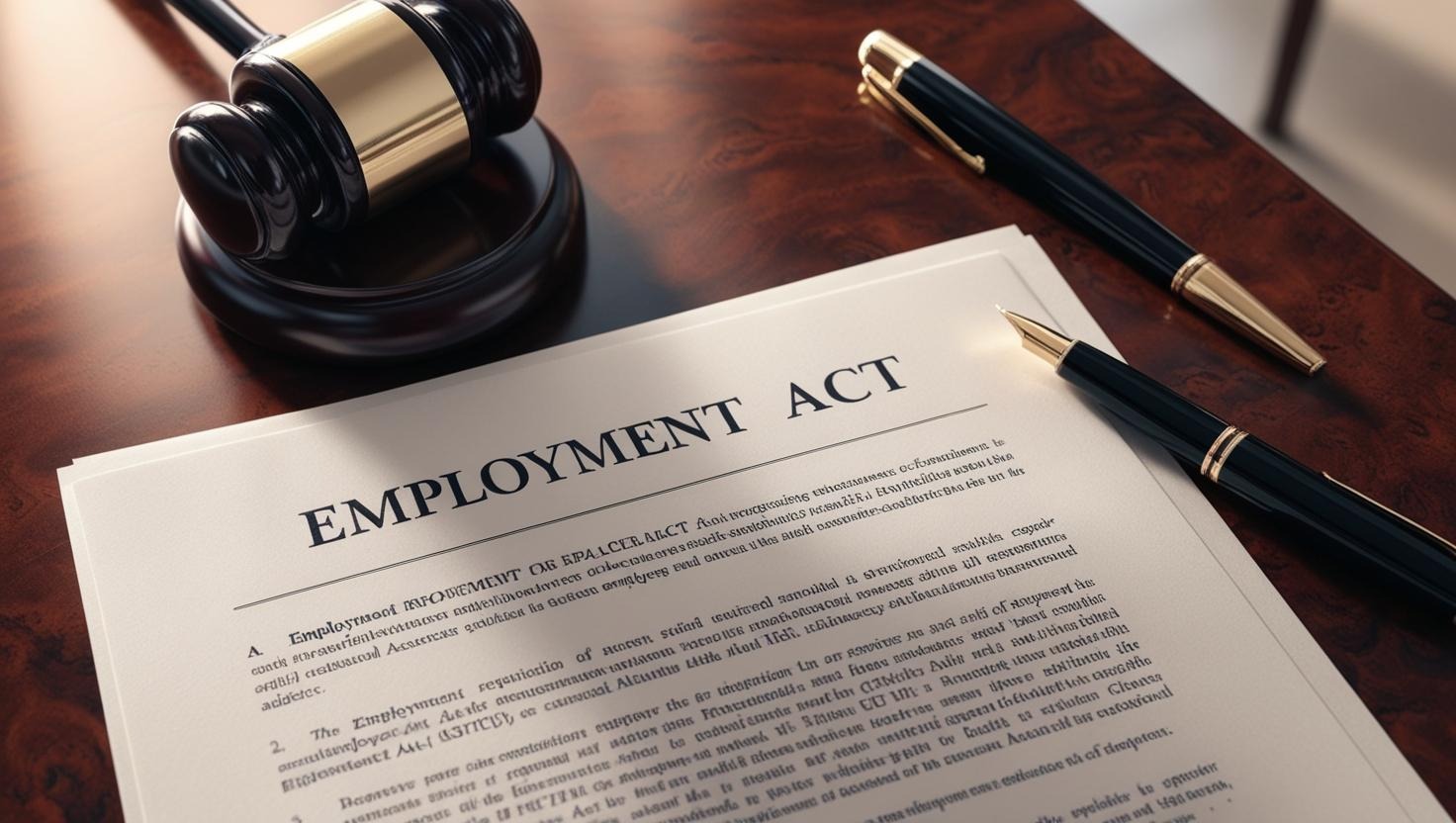
Major Lawsuits Challenge Corporate Practices
In a significant move, the U.S. Equal Employment Opportunity Commission (EEOC) has stepped into the spotlight by filing lawsuits against two prominent automakers, General Motors (GM) and Stellantis, alongside the United Auto Workers union (UAW). These lawsuits, announced on January 17, 2025, bring forth serious allegations of discrimination and harassment that may impact the reputation and operations of these well-known companies.
Allegations of Age Discrimination
The EEOC's lawsuit against GM and the UAW dates back to October 2019, highlighting a policy in their collective bargaining agreement that reportedly reduces benefits for employees aged 66 and older who also receive Social Security benefits. This policy potentially violates the Age Discrimination in Employment Act, raising concerns about the fairness of benefits allocation across different age groups.
According to the EEOC, this issue affects at least 50 GM facilities nationwide, shining a light on how age-related stereotypes may translate into tangible discrimination in the workforce. The ramifications of these allegations could mean not only a financial toll on GM and UAW but also a call to reevaluate benefits policies industry-wide.
Culture of Harassment at Stellantis
Flipping the focus to Stellantis, the FCA US unit is facing accusations of enabling a hostile work environment. Since December 2020, female employees at a Detroit assembly plant have reported pervasive sexual harassment, particularly from male supervisors and coworkers who allegedly made inappropriate comments and engaged in unwanted physical contact. The plaintiffs claim that their complaints were frequently ignored, causing distress and discomfort among the workforce.
The EEOC argues that this workplace culture breaches Title VII of the Civil Rights Act of 1964, which safeguards against employment discrimination based on sex. The failure to address these complaints appropriately reflects poorly on Stellantis’s commitment to fostering a safe and respectful workplace.
Potential Outcomes and Significance
With two federal lawsuits active—one in New Albany, Indiana, regarding GM and the UAW, and the other in Detroit concerning Stellantis—the outcomes might have profound implications on how companies operate concerning employee treatment and fairness. Expected compensatory and punitive damages for the claimants could lead to significant changes in corporate policies if the cases conclude in favor of the employees.
This situation poses not just legal challenges for the companies involved, but also underscores a larger trend of increasing scrutiny on corporate practices in the wake of growing awareness around employee rights and discrimination combined with harassment issues.
Broader Implications for Employment Practices
These lawsuits reflect a moment of reckoning for many corporations that have historically overlooked employee rights violations. As federal agencies tighten regulations, companies may find themselves needing to reassess their employment practices to avoid similar pitfalls. The outcomes could initiate a ripple effect, encouraging other businesses to adopt more equitable frameworks and elevate their accountability standards.
Moving Forward: What Should Be Considered?
As both lawsuits unfold, they could set important precedents regarding how age discrimination and workplace harassment are addressed in the auto industry and beyond. Employees everywhere are watching closely—not only for the resolution of these particular suits but also for the wider implications they carry for workplace culture and corporate responsibility.
In conclusion, the cases against GM, the UAW, and Stellantis reveal persistent issues within corporate structures that need addressing. Only time will tell how these developments will reshape the conversation surrounding workplace fairness, accountability, and employee rights within the ever-evolving landscape of American industry.
 Add Row
Add Row  Add
Add  Add
Add 








Write A Comment